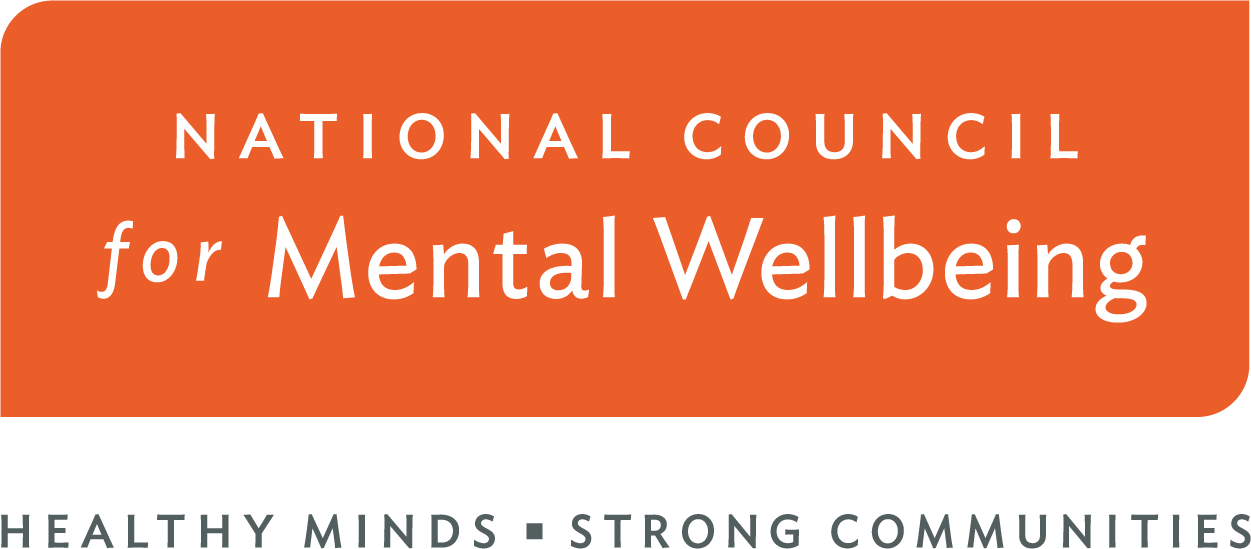As Congress and federal agencies continue their work to provide economic relief for businesses and nonprofits as well as to address the unique public health challenges the country faces through the COVID-19 pandemic, the National Council and countless other vocal advocates have been bringing our voices to the table to ensure that mental health and addiction treatment providers and their patients have their needs met during these challenging times. From requests for $38.5 billion in direct emergency funds for mental health and addiction treatment providers and organizations to highlighting long-held legislative priorities, the National Council has listened to our members’ needs and has made moves to meet them.
NATIONAL ADVOCATES MAKE THEIR VOICES HEARD
The National Council has joined with other national advocacy groups to make our voices stronger together and raise the issues we’ve seen developing across the country throughout the COVID-19 pandemic.
- Support Medicaid Providers: The Partnership for Medicaid, of which the National Council is a member, sent a letter to Congressional leadership urging that money from the $100 billion Public Health and Social Services Emergency Fund be directed specifically to Medicaid providers. Among other recommendations, the Partnership urged Congress to increase the Federal Medical Assistance Percentage (FMAP) for Medicaid by another 5.8 percent, for a total increase of 12 percent, and extend the increased FMAP beyond the end of the COVID-19 emergency declaration to support providers through the transition back to normal operations.
- Support Justice-Involved Individuals & Crisis Services: The National Council along with 32 other national advocacy organizations sent a letter to Congressional leadership urging support for the Medicaid Reentry Act (H.R. 1329), which would allow Medicaid to pay for health services provided to people who are reentering society after incarceration. While a long-standing priority of the National Council’s, this issue is particularly pertinent as many states and localities move to release certain populations from incarceration early to mitigate the impact of COVID-19 within jails and prisons. The letter also urges for investments in programs that provide mental health crisis supports to meet community needs.
- Support Rural Health Needs: The Bipartisan Policy Center this week released its Rural Health Task Force Recommendations. The National Council was pleased to see that a long-standing legislative priority, the Mental Health Access Improvement Act of 2019 (S. 286/H.R. 945) was included in BPC’s recommendations. By allowing marriage and family therapists and licensed mental health counselors to bill Medicare for their services, BPC said the bill would improve the utilization of the currently available workforce, and aid in stabilizing and improving the urgent problems challenging rural communities.
CONGRESSIONAL CHAMPIONS SPEAK UP
Not only are national advocacy organizations speaking up on behalf of mental health and addiction treatment providers and the individuals they serve, but Members of Congress are also working to meet their needs and convince their colleagues to do the same.
In a letter to the Department of Health and Human Services and the Centers for Medicare and Medicaid Services, a group of 35 bipartisan Representatives, led by Reps. Doris Matsui (D-CA), Paul Tonko (D-NY), and Joseph Kennedy (D-MA), urged the agencies to direct some of the $70 billion of the CARES Act emergency funding for provider relief directly to mental health and substance use disorder providers and organizations.
On the Senate side of the Capitol, 20 Senators addressed Congressional leadership urging similar funding investments in the behavioral health system. In their letter, these Senators urged inclusion of direct emergency funds to support mental health and substance use disorder treatment providers in Phase 4 of COVID-19 relief packages. Additionally, they urged increased investment in the Community Mental Health Services Block Grant, the Substance Abuse Prevention and Treatment Block Grant, the National Child Traumatic Stress Initiative, CDC suicide prevention programs, and more.
